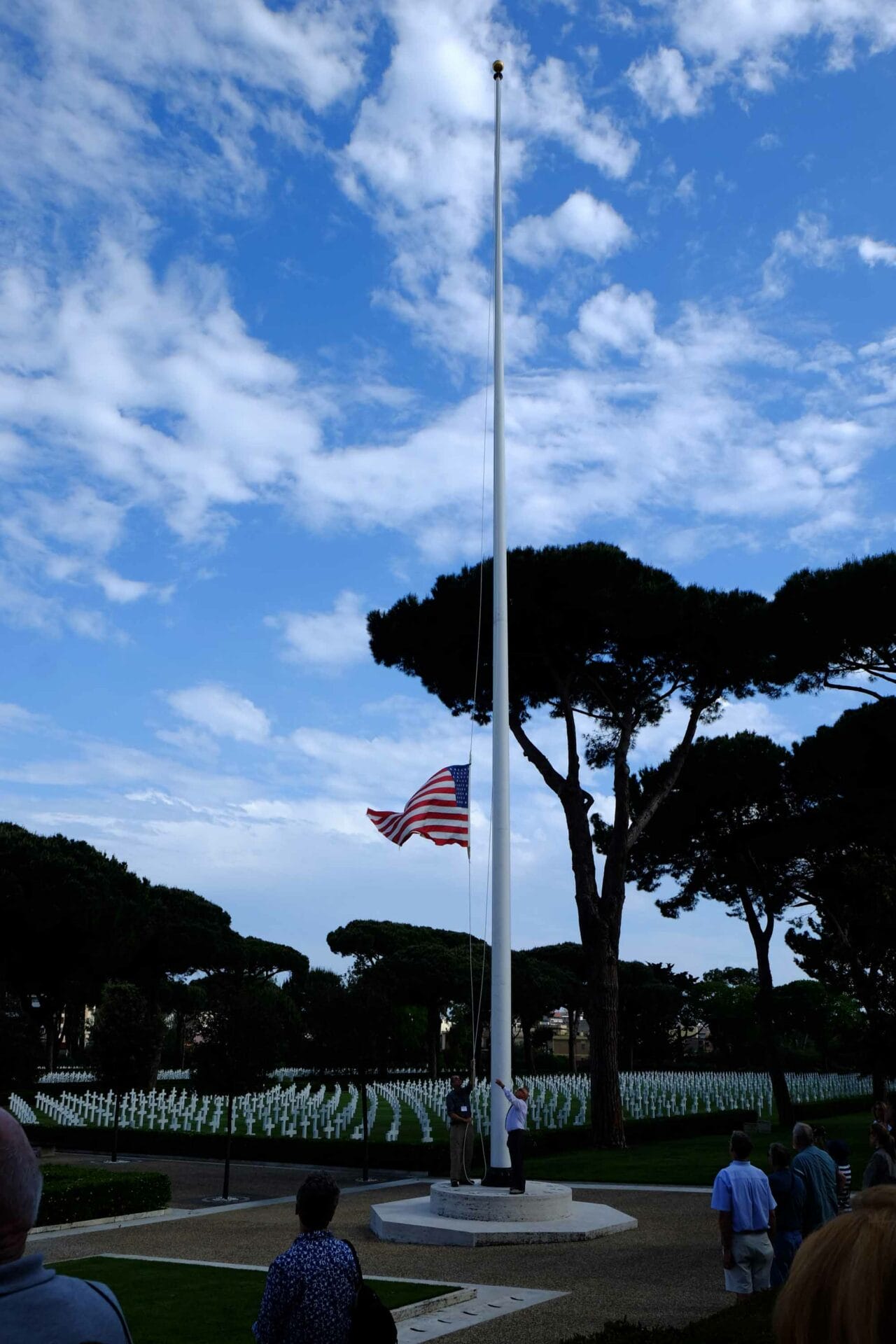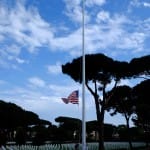
Memorial Day 2016: Five Books on America’s Wars for Summer Reading
 As I headed out onto the lake this morning in my single scull, a large bird flew by off the port side. I stopped and stared and realized that it was a bald eagle, big, beautiful, majestic and moving slowly as if in salute. It has been our national symbol since 1782, and tomorrow is a national holiday.
As I headed out onto the lake this morning in my single scull, a large bird flew by off the port side. I stopped and stared and realized that it was a bald eagle, big, beautiful, majestic and moving slowly as if in salute. It has been our national symbol since 1782, and tomorrow is a national holiday.
Memorial Day marks a time of remembrance and gratitude for those who made the ultimate sacrifice in the nation’s armed forces. Less formally, it means the start of summer, and that is a precious time for reading. I don’t know about you but I have rarely carried through on resolutions to plow through tomes before Labor Day. For me summer is the season for short and readable books. In the spirit of Memorial Day, I offer a list of five favorite books about America’s wars: a highly personal and admittedly idiosyncratic selection. If you read them, I hope that you will remember the men and women who fell for America.
- Dudley Taylor Cornish, The Sable Arm: Black Troops in the Union Army, 1861-1865 (1956, new edition 1987). There are more up-to-date works of scholarship on this remarkable topic but none grander or more eloquent than Cornish’s classic study. From its first vigorous words it carries the reader along without ever flagging, an even more remarkable achievement considering that the book focuses less on combat than on principles, politics and recruitment.
- Shelby Foote, Stars in their Courses: The Gettysburg Campaign June-July 1863 (1963, 1994). This short book is drawn from the author’s monumental three-volume work, The Civil War: A Narrative. Lauded by the critics as “an American Iliad,” Foote’s book combines scholarship with a novelist’s eye and gift for language. His description of J. Johnston Pettigrew, one of the South’s three division commanders at Pickett’s Charge, is worth citing:
Tomorrow would be his thirty-fifth birthday, and though his intellectual accomplishments were perhaps the highest of any man on the field – a scholar in Greek and Hebrew, fluent as well in most of the modern languages of Europe, he had made the best grades ever recorded at the University of North Carolina, where he also excelled in fencing, boxing, and the single stick, then had traveled on the continent and written a book on what he had seen before returning to settle down to a brilliant legal career, only to have it interrupted by the war and the experience of being left for dead on the field of Seven Pines –he now was devoting his abilities to the fulfillment of his military duties.
- Thomas Alexander Boyd, Through the Wheat (1923). Himself a U.S. Marine veteran of World War One, Boyd was an Ohio newspaperman who published this, his first novel, based on his combat experience in France. It focuses on the career of fictional rifleman William Hicks through recruitment through the Battle of Belleau Wood. Bloody and relentless, the book leaves little to the imagination when it comes to the horrors of war.
- Harry Brown, A Walk in the Sun (1944). A short and deceptively simple novel about a U.S. Infantry platoon walking across the hot Italian countryside after the Salerno landings of 1943. When its officers are killed the men have to take care of themselves, and the result is a fine study in character. The book is full of those intimate, absurd but fatal moments that, more than charges and last stands, make up the reality of war.
- James Salter, The Hunters (1956). An almost painfully beautiful novel about the aerial dogfights between American F-86 jets and Russian MIGS over the Yalu River during the Korean War. Salter, himself a combat fighter pilot veteran of that war, focuses on Captain Cleve Connell and his troubled quest for excellence. There is just a taste of the author’s psychological acumen in this description of Connell’s response to friends who asked him why, after eight years, he still stayed in the service. He struggled with an answer:
…sick of the stars and bored of speed on those nights in the great black sea, the surf of which was cities bubbling on the wave, listening to the others who were up, two unseen killers perhaps, calling themselves Butcher Red and seeking themselves in the darkness, he had tried to think of one – brief, understandable – but never could. It was all a secret life, lived alone.